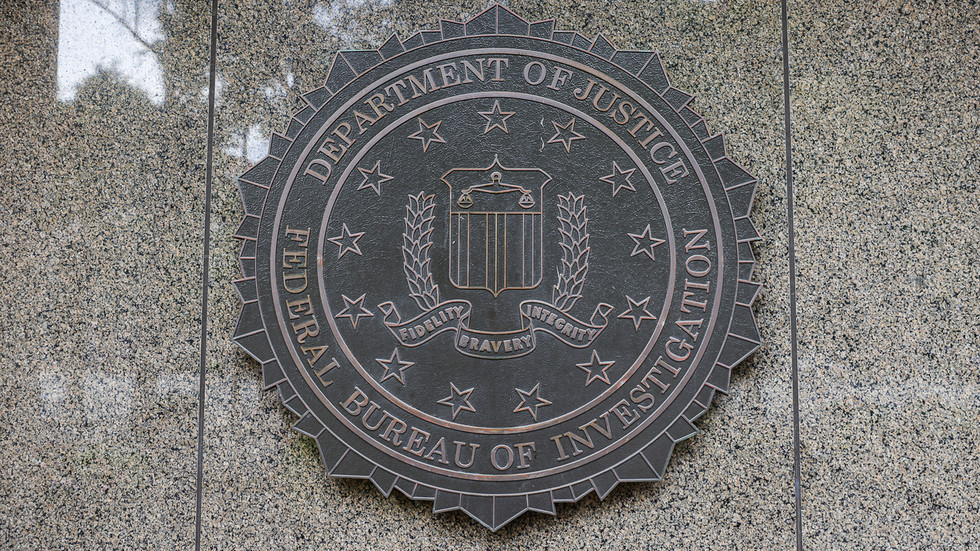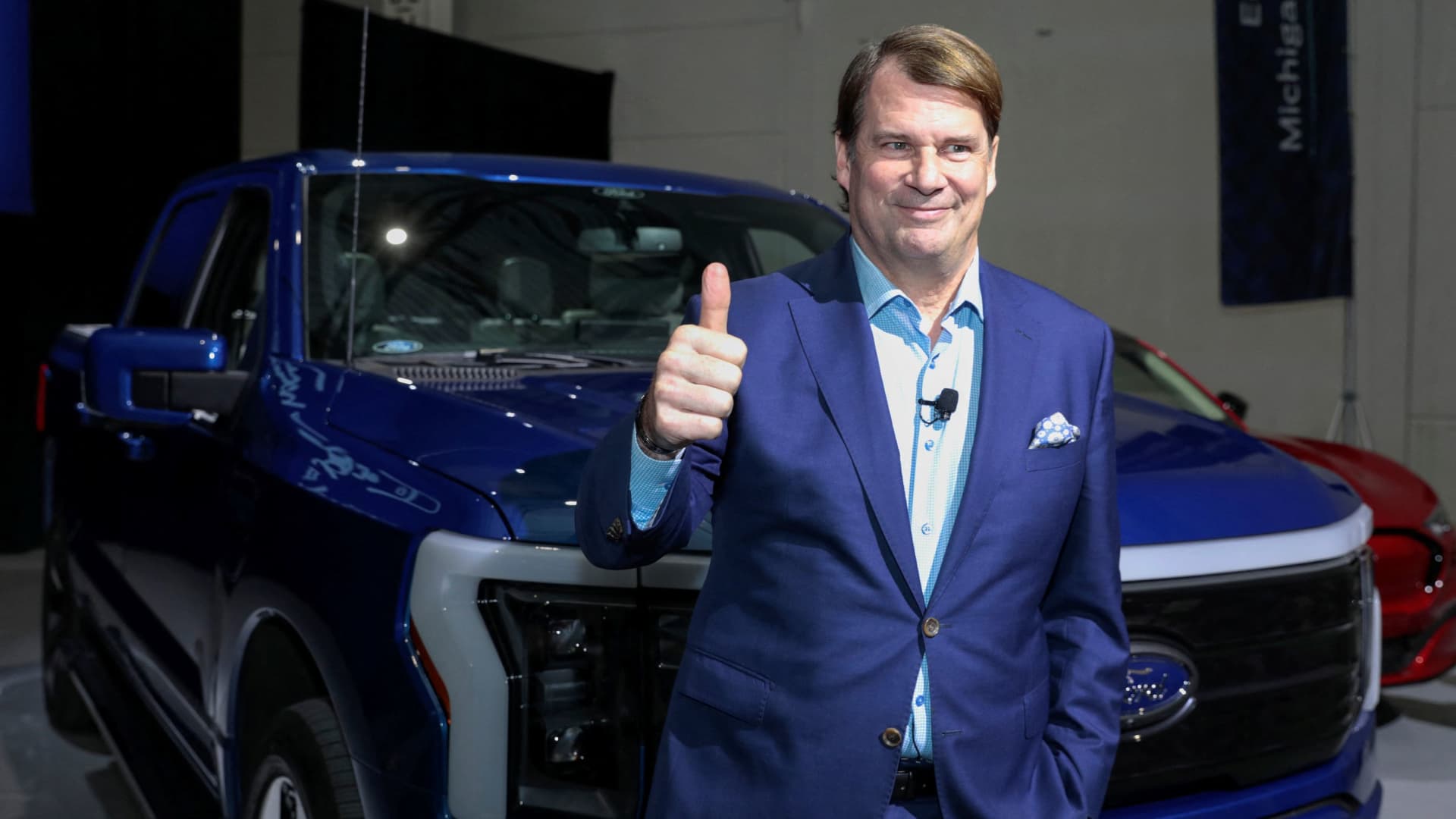What is Sports Free?
Sports Free is an initiative that advocates for greater visibility and acceptance of queer athletes in professional sports. The initiative was started by Diversero, a global community that advocates for diversity and against bullying. Marcus Urban is the co-founder of the organization.
Who is Marcus Urban?
In 2007, Urban became Germany's first former football player to come out as gay. Born in 1971 in the former East Germany (GDR), Urban was one of the most talented young footballers in the communist state. As a midfielder for Rot-Weiss Erfurt he played in the highest youth leagues and represented the GDR at various youth levels.
 Former footballer Marcus Urban came out in 2007Image: Reto Klar/Funke Foto Services/IMAGO
Former footballer Marcus Urban came out in 2007Image: Reto Klar/Funke Foto Services/IMAGOHe almost turned professional in the early 1990s, but decided against the career move, deciding that the pressure of being a professional football player while having to hide his homosexuality would be too much for him.
What is planned?
Diversero is planning to host a platform on Friday, May 17, the International Day Against Homophobia, Biphobia, Intersex and Transphobia (IDAHOBIT), for professional footballers to jointly declare to the world their homosexuality or queerness.
"We are organizing a group coming out and calling on society to reflect on the values of inclusion," a statement on the community's website read.
"We are building a kind of digital picture wall," Urban said in a recent interview with the German magazine "stern" of Friday's communal coming out, which was first announced last November.
"Players, coaches, referees and other people from the world of professional football can share their stories there."
Diversero has also declared the intention to establish the 17th of every month from June on as "Sports Free Day" to raise awareness of the challenges faced by queer athletes.
"It's a small revolution," Urban told DW in a recent interview, saying he hoped it would set off "a chain reaction."
"It will be very important for many children, young people and adults worldwide. There will be new role models for them."
What fears do gay footballers have?
Homophobia is still widespread in men's football. Anti-gay chants can often be heard in the stands and players make derogatory comments on the pitch.
 Homophobia is an ongoing issue in men's football - even though many clubs and fan groups have been taking a position against it for yearsImage: RHR-FOTO/TK/IMAGO
Homophobia is an ongoing issue in men's football - even though many clubs and fan groups have been taking a position against it for yearsImage: RHR-FOTO/TK/IMAGOAccording to Urban this makes many homosexual players more fearful of negative reactions on the pitch or in the dressing room than from the stands.
In addition, many players are convinced "that they would fall out of favor in the industry if they came out," Urban explained. This is known to have led some to lead double lives, sometimes being seen with "fake" girlfriends in public – while secretly meeting with other men.
Which professional footballers have already come out?
Former national team player Thomas Hitzlsperger is the best-known footballer to have come out in Germany. He did so in 2014, after he had hung up his boots. No active professional player in Germany has ever come out as gay.
Beyond Germany, hardly any active footballers have come out. The first was Justin Fashanu in 1990. The reaction he received was a mix of rejection and hatred. He took his own life in 1998 after a 17-year-old had accused him of rape.
 Jakub Jankto is one of the few professional footballers who has come out as gayImage: Andrew Milligan/PA Images/IMAGO
Jakub Jankto is one of the few professional footballers who has come out as gayImage: Andrew Milligan/PA Images/IMAGOCollin Martin, then of MLS outfit Minnesota United, came out in 2018. The American was followed in 2021 by Australian Josh Cavallo, Jake Daniels of England in 2022 and Czechia's Jakub Jankto last year. Several semi-professional and high-level amateur players in other countries have also come out.
What have critics said about the planned group outing?
They fear that Urban's initiative will not have a lasting effect. While it will draw attention to the problem for a brief time, they believe it will do little or nothing to reduce homophobia in a significant way.
"It's a distraction because it gives people the feeling that the problem is being tackled and something is changing, while in reality it isn't," Australian behavioral researcher Erik Denison said in a recent interview with German public broadcaster "Deutschlandfunk."
The German Football Association (DFB), which is not involved in the initiative, has also expressed criticism.
"Unfortunately, what we feel is missing in the campaign is a broader support alliance, which has yet to be established to support the whole thing," Christian Rudolph, the DFB'scontact person for gender and sexual diversity, said.
Of the 36 clubs in the Bundesligaand Bundesliga 2, just eight – Stuttgart, Hannover, Osnabrück, Freiburg, Borussia Dortmund, Hoffenheim, Union Berlin and St. Pauli – have declared their support for the Sports Free initiative.
Why soccer is hiding an uncomfortable truth
What can we expect on May 17?
It is difficult to predict. However, there has been growing skepticism about how many – if any – professional footballers will actually take part in the joint coming out. Even Urban has recently been playing down expectations.
"Active professional footballers are still holding back," he said in the aforementioned "stern" interview and also admitted that he himself had no direct contact with gay professionals, not even via text message.
"There has been networking, but this is being done in secret," he explained, saying this "laborious" process was taking place via third parties.
"The players are extremely cautious. Nobody dares to come out in the open," he added, saying the players in questions were "extremely cautious."
This article was first published in German.

 8 months ago
42
8 months ago
42









